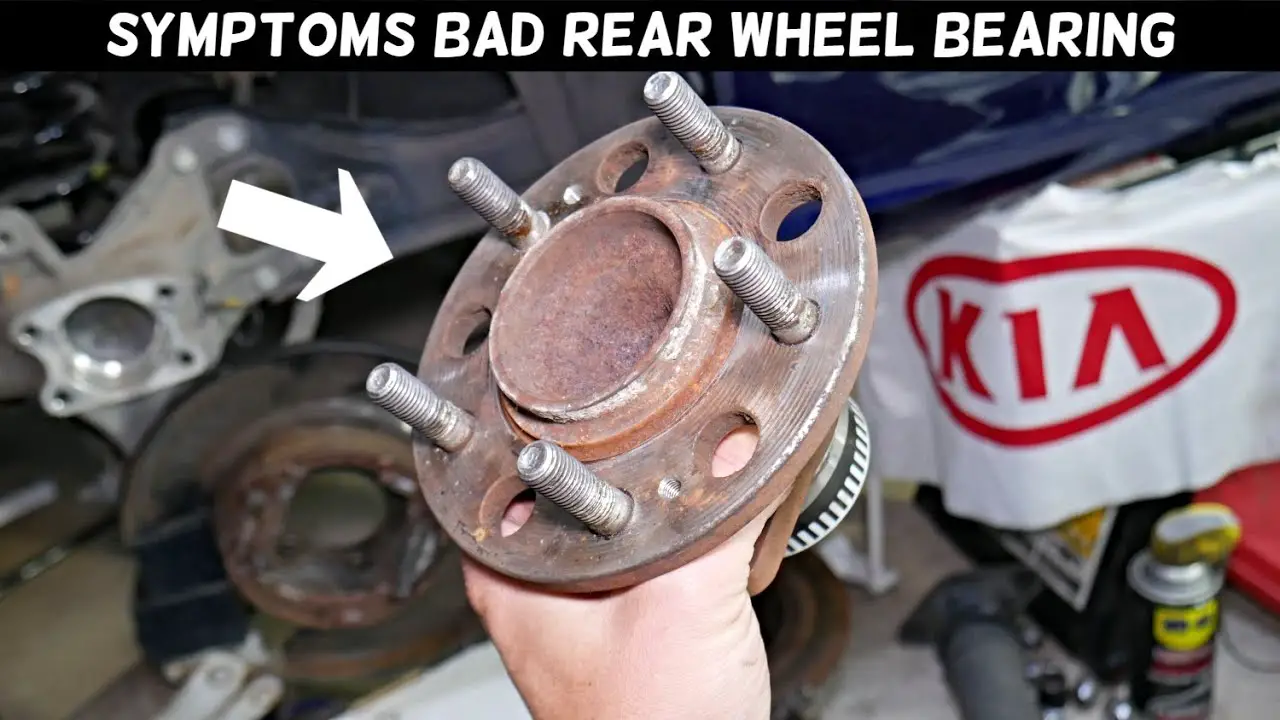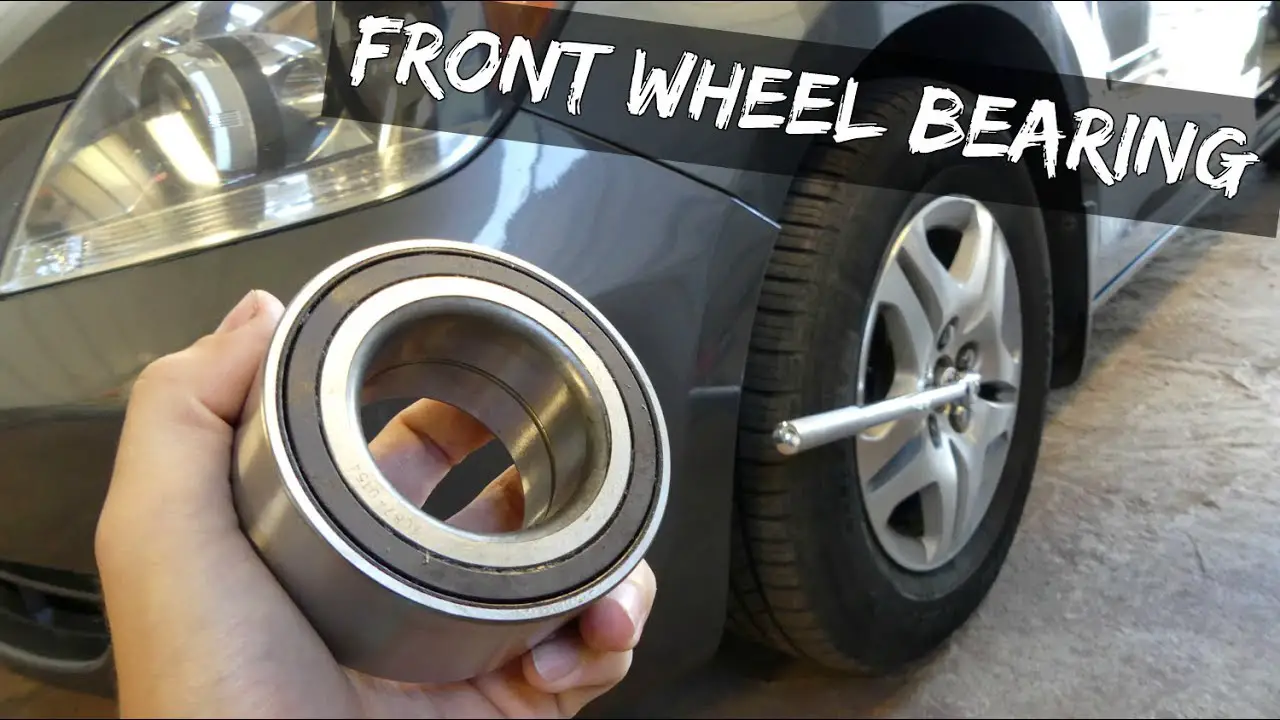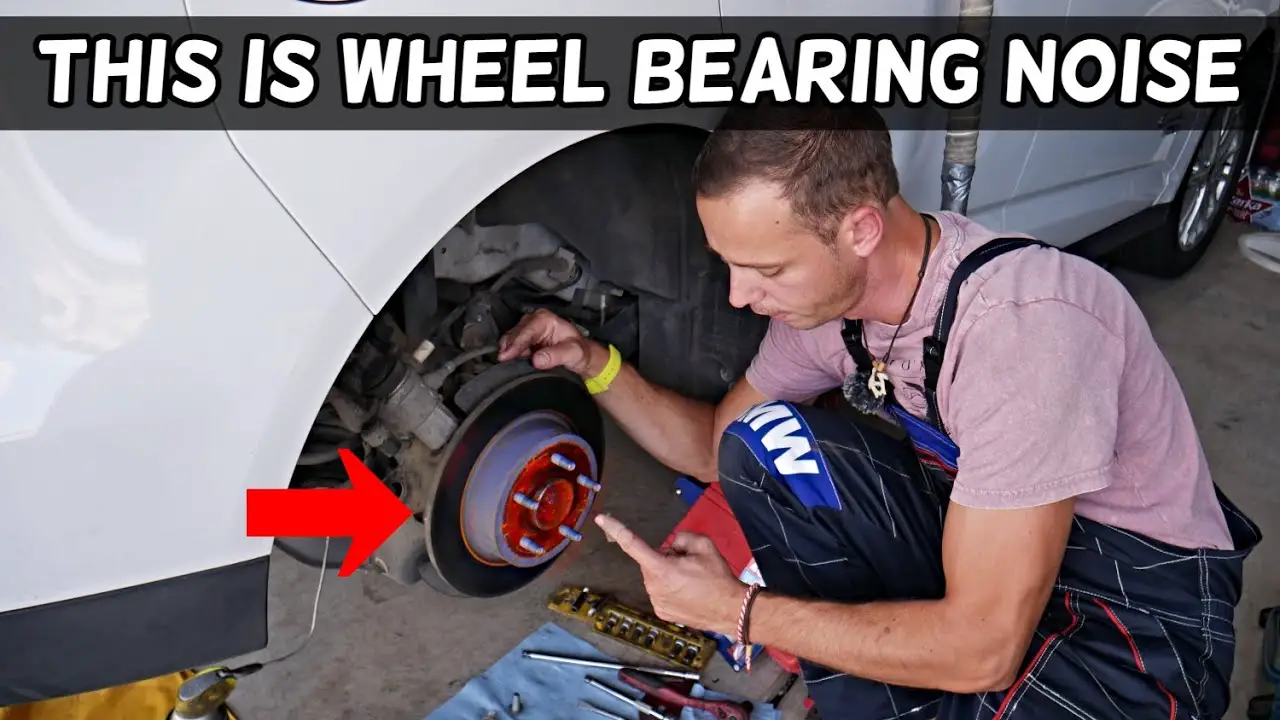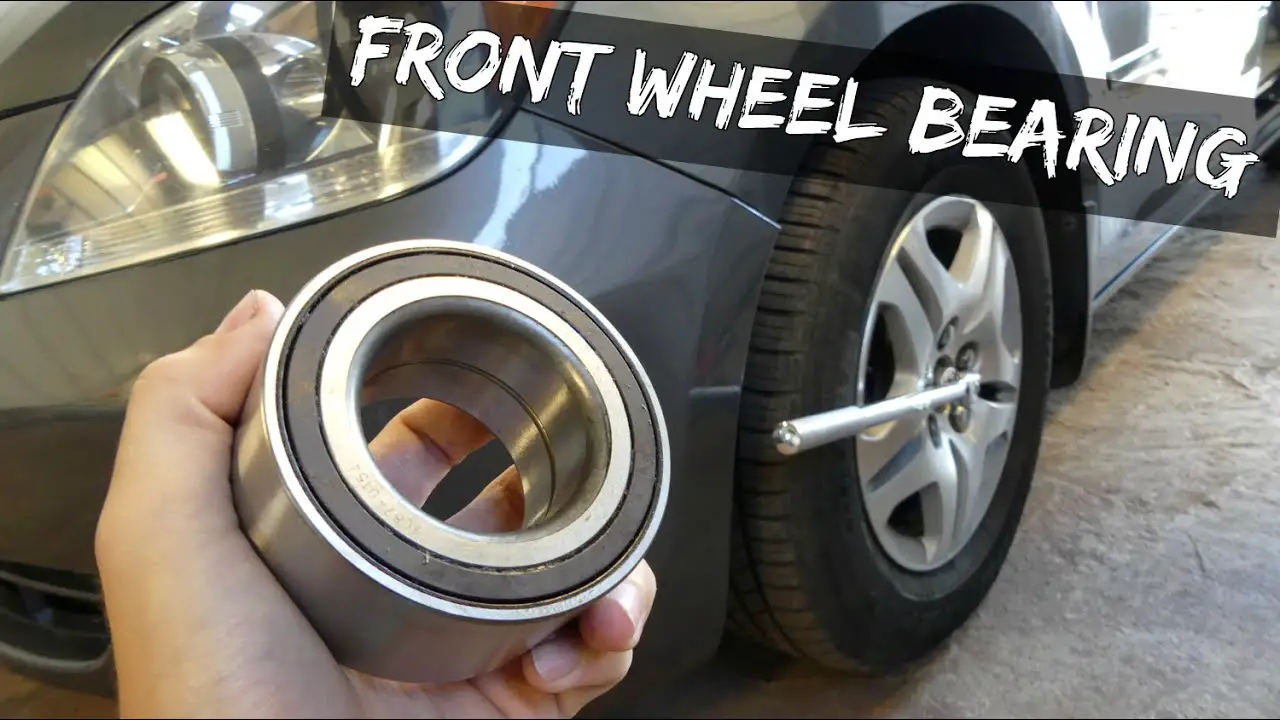Bad rear wheel bearing symptoms include unusual noises, such as grinding or growling, and vibrating or wobbling sensations while driving. If you notice these signs, it’s crucial to have your vehicle inspected by a professional mechanic to avoid further damage and ensure your safety on the road.
When driving, you rely on your vehicle’s components to work together seamlessly, providing a smooth and safe journey. One crucial element in this system is the rear wheel bearings. These small yet vital components play a significant role in the proper functioning of your vehicle’s wheels.
However, when they start to fail, it can lead to various concerning symptoms that should not be ignored. Understanding bad rear wheel bearing symptoms can help you identify potential issues and address them promptly to maintain your vehicle’s performance and safety.

Credit: www.cochranedodgechryslerjeep.com
Contents
Identifying Bad Rear Wheel Bearing Symptoms
When it comes to the safety and performance of your vehicle, it’s crucial to be aware of any potential issues. One common problem that can arise is a bad rear wheel bearing. Identifying the symptoms of a bad rear wheel bearing early on can save you from costly repairs and prevent further damage to your vehicle.
Unusual Noises From The Vehicle
One of the most noticeable symptoms of a bad rear wheel bearing is the presence of unusual noises coming from the vehicle. These noises can range from a humming or whirring sound to a loud grinding or growling noise.
It’s important to pay attention to these sounds, especially when they become more pronounced when turning corners or accelerating. These noises are often a result of the worn-out bearings not being able to properly support the wheel, causing friction and vibrations.
Vibrations And Rumbling Feel
In addition to unusual noises, a bad rear wheel bearing can also cause vibrations and a rumbling sensation in the vehicle. These vibrations can be felt through the steering wheel, floorboards, or even the seat. They may start off as subtle vibrations but can become more pronounced as the condition of the bearing worsens. These vibrations and rumbling sensations are a clear indication that the wheel bearing is no longer functioning properly and needs attention.

Credit: m.youtube.com
The Impact Of Ignoring Early Signs
Ignoring early signs of bad rear wheel bearing symptoms can have serious repercussions. These symptoms may start as minor inconveniences, but if left unaddressed, they can snowball into major safety risks and increased repair costs. In this section, we will explore the potential consequences of disregarding the warning signs of a failing rear wheel bearing.
Increased Repair Costs
Neglecting the early indications of a worn rear wheel bearing can lead to extensive damage to other components of the wheel assembly. This can result in costly repairs that could have been avoided if the issue was addressed promptly.
Safety Risks On The Road
Overlooking the signs of a bad rear wheel bearing can pose significant safety hazards on the road. A malfunctioning bearing can compromise the stability and control of the vehicle, increasing the risk of accidents and loss of vehicle control, especially during high-speed maneuvers.
Proactive Measures And Solutions
Identifying bad rear wheel bearing symptoms is crucial for taking proactive measures and finding effective solutions. From unusual noises to uneven tire wear, these signs can indicate a problem that needs immediate attention. Stay alert for any vibrations or steering issues, as they may also be indicators of a faulty rear wheel bearing.
Regular maintenance and inspections are key to preventing rear wheel bearing issues. Check for unusual noises while driving.
Regular Maintenance And Inspections
Periodic visual checks can help detect early warning signs. Look for loose or damaged parts.
- Keep an eye on tire wear patterns for uneven wear.
- Inspect for leaks or grease around the wheel hub.
- Check for any vibrations or wobbling while driving.
Knowing When To Seek Professional Help
If you notice any persistent noise or vibration, consult a mechanic. Ignoring issues can lead to further damage.
- Seek help if you feel looseness in the wheel.
- Address any grinding or growling sounds promptly.
- Professional diagnosis can prevent costly repairs.
Credit: www.reddit.com
Frequently Asked Questions
Here are some FAQs about bad rear wheel bearing –
How Do I Know If My Rear Wheel Bearings Are Bad?
If you hear a grinding or humming noise coming from the rear wheels, it could be a sign of bad rear wheel bearings. Other signs include uneven tire wear, loose or wobbly wheels, and a vibrating steering wheel. Have a mechanic inspect your vehicle if you suspect an issue with your rear wheel bearings.
What Happens When A Rear Wheel Bearing Goes Out?
A rear wheel bearing that goes out can cause various issues such as humming or grinding noise, vibration, and uneven tire wear. If left unattended, it can lead to wheel detachment, loss of vehicle control, and accidents. It is important to get it checked and replaced by a professional mechanic as soon as possible.
What Does A Bad Back Wheel Bearing Sound Like?
A bad back wheel bearing can sound like a constant growling or rumbling noise. This noise often gets louder as the vehicle speeds up. It may also change when turning. If you hear these sounds, get your wheel bearings checked by a mechanic.
Do Bearings Usually Give Warning Before They Fail?
Bearings do not typically give warning signs before they fail. Regular maintenance and monitoring are crucial for preventing sudden failures.
Conclusion
Recognizing bad rear wheel bearing symptoms is crucial for safe driving. Don’t ignore strange noises or vibrations. Addressing these signs promptly can prevent costly repairs and ensure road safety. Stay alert to your vehicle’s signals for a smooth and worry-free driving experience.

